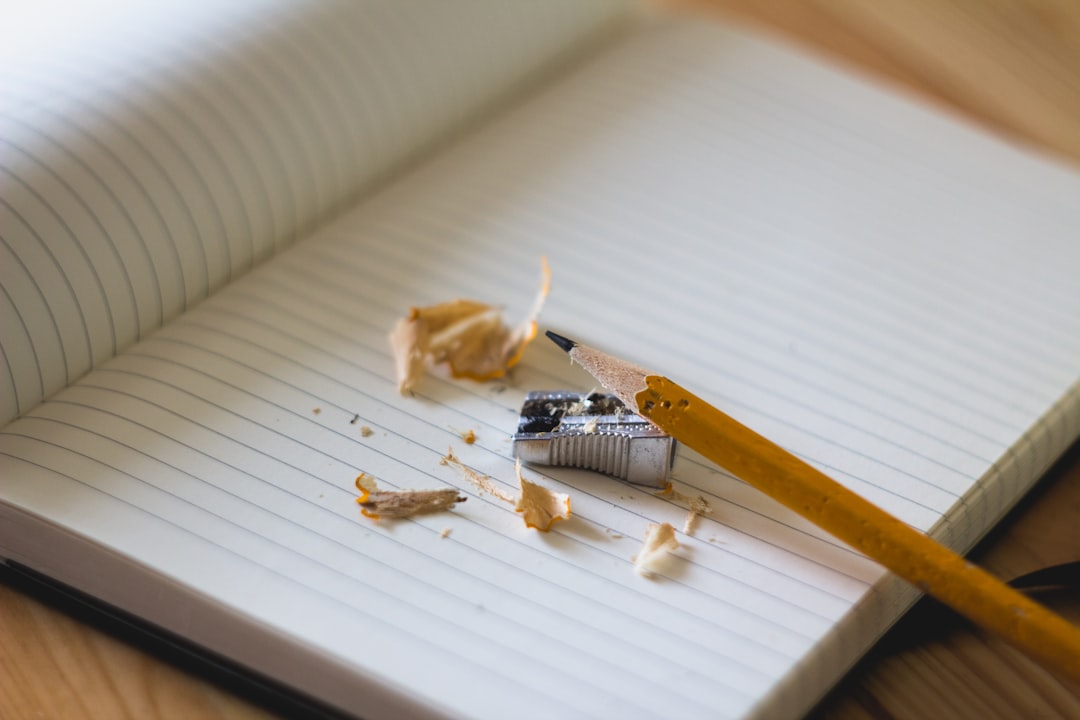This comprehensive guide provides detailed insights and facts on how to study political science effectively. It covers everything from understanding the importance of political science, to choosing the right study materials, to developing a study schedule, and applying political science knowledge in real-world scenarios.
Table of Contents
Political Science: Ultimate Student Guide 2024
Key Takeaways
- Studying political science is highly beneficial, not only for acquiring valuable skills and exploring diverse career paths, but also for gaining a deeper understanding of the world.
- Choosing the right study materials is crucial for success in political science. This includes textbooks, online resources, and study guides, all of which should be used effectively.
- Creating a well-rounded study schedule is key in ensuring all areas of political science are covered. Effective study techniques and time management skills are also important.
- Knowledge of political science can be applied in real-world scenarios, offering practical value to your studies. Examples and case studies can help illustrate this.
- Political science knowledge prepares students for future career or academic opportunities. These can be found in government roles, non-profit organizations, international bodies, and more.
Welcome, folks! We’re here to chat about how to study political science. It’s a fascinating subject, right? But, let’s be honest, it can be a bit tricky, sometimes. So, we’ve whipped up this guide to help you out. This isn’t just any guide, though. No, sir! This is your ultimate guide for 2024. We’ll be shedding light on the ins and outs of studying political science. We’ll touch upon strategies, resources, tips, and tricks – everything you need to excel. So, let’s get the ball rolling, shall we? You’re in for a treat, promise!
Why Political Science?
So, you’re toying with the idea, thinking, “Why should I study political science?” Well, my friend, you’re in the right place. You see, political science is about much more than just politics. It’s a study that explores how societies work, how decisions are made, and how power is used and distributed. It’s kind of a big deal, you know?
But it’s not just about understanding society. It’s about understanding how you can affect change. Yep, you heard me right. Studying political science can equip you with the tools and knowledge to make a real difference in the world. I mean, that’s pretty cool, isn’t it?
And let’s not forget about the skills you’ll gain. We’re talking research, critical thinking, problem-solving, and communication skills. These are the kind of skills that employers really value. So, it’s not just about the big picture stuff, it’s about your future career too.
Just remember, studying political science is not a walk in the park. It requires dedication, hard work, and a genuine interest in societal issues. But if you’re up for the challenge, it can be a truly rewarding field of study.
So, What are the Core Concepts?
As you go on to study political science, you’ll find that there are some key concepts that are, well, key! These are concepts that are at the heart of political science and are crucial to understanding the field. These key concepts include, but are not limited to, the state, power, institutions, democracy, and political behavior.
Now, the state might sound like a simple concept, but it’s actually pretty complex. It’s the entity that has the monopoly on the legitimate use of physical force within a given territory. In simpler words, they’re the only ones who can legally use force.
Power, on the other hand, is the ability to influence others to do what you want. It’s a bit like being the popular kid in school, everyone does what you want because they think you’re cool. But in political science, it’s a bit more complicated than that.
Institutions are the rules and procedures that govern political behavior. They’re like the rules of a board game, they tell you how to play.
Democracy is a form of government where the people have the power to choose their leaders. It’s like being able to choose who you want to be the captain of your team.
And lastly, political behavior is how individuals and groups act in a political context. It’s like watching how your classmates act when the teacher leaves the room. Some will take advantage, some will keep working, and some just won’t care.
These are just some of the core concepts in political science. Each one of these can be studied in great depth and can lead to a deeper understanding of the field.
Getting Your Hands Dirty with Political Analysis
So, you want to know how to study political science, specifically about political analysis? Well, you’re just in the right spot. Let’s dive right into the heart of the matter.
Political analysis is, you see, like a detective’s work. It’s about looking for clues, connecting the dots, and coming up with an explanation that makes sense. It’s not as simple as reading a book or memorizing some facts. It requires critical thinking and a lot of patience.
According to a recent study by the American Political Science Association, students who engage in active learning methods, like participating in political analysis, are more likely to develop a deeper understanding of political science. This isn’t something you can just ignore, right?
Now, let’s talk about how to do a political analysis. First things first, you need to choose a political event or issue to analyze. It could be an election, a political scandal, a policy decision, or anything else that catches your fancy. Then, you need to gather all the information you can about it. Read news articles, watch interviews, check out official documents, and so on.
After you’ve gathered your information, it’s time to start analyzing. Ask yourself questions about the event or issue. Why did it happen? Who was involved? What were the outcomes? How did the public react? The goal is to understand the event or issue from all angles.
And remember, in political analysis, there’s often not one “right” answer. Different people may have different interpretations of the same event or issue, and that’s okay. What’s most important is that you can back up your interpretation with evidence.
So, there you have it. That’s the basic rundown of how to do a political analysis. It may not be easy, but it’s certainly worth the effort. By engaging in political analysis, you’ll develop a deeper understanding of political science and improve your critical thinking skills. And who knows, maybe one day you’ll be the one making the big political decisions. Now, how exciting would that be?
Wrapping Up Your Political Science Journey
So, we’ve been on quite the educational journey today, haven’t we? We’ve learned the ropes of, you know, how to study political science. We’ve looked at the importance of understanding the political landscape, honing your analytical skills, and the necessity of keeping up with current events.
Reflecting on what we’ve discussed, it’s clear to see that studying political science isn’t just about memorizing facts and figures. No, it’s about embracing the idea of becoming an active participant in the world around you. It’s about developing a keen sense of curiosity, and a deep desire to understand the complexities of human behavior and society.
One of the key takeaways, if you’ll allow me to say so, is that studying political science is a dynamic and ever-changing field. This means that you have to be adaptable and willing to constantly update your knowledge and skills.
Now, don’t forget the valuable insights we’ve shared about the essential resources. They are, indeed, your best friends in this journey. They will keep you informed and updated, and help you to dig deeper into the topics that interest you.
So, are you ready to take on the world of political science? Are you excited to start making sense of the world around you? I bet you are! Just remember, there’s no right or wrong way to study political science. It’s all about finding the approach that works best for you.
So, go on then, get started on your political science journey. Dive headfirst into understanding the world around us. And as always, happy studying!
FAQ
Why should I study Political Science?
Studying Political Science provides a comprehensive understanding of political systems and behaviors around the world. This field of study equips students with analytical skills, critical thinking abilities, and a deep understanding of how societies and governments function. It opens up various career paths in government, international organizations, non-profit organizations, and academia. Moreover, it also enhances your ability to understand and analyze real-world scenarios from a political perspective.
What study materials should I use for Political Science?
Choosing the right study materials is crucial for effective learning. You should start with recommended textbooks that cover the basics of political science and then move on to more specialized books. Online resources like academic journals, research papers, and online lectures could also be beneficial. Moreover, study guides can help you organize your studies and understand complex political theories. The key is to use these resources effectively by taking notes, summarizing information, and regularly reviewing the material.
How should I craft my study schedule for Political Science?
Crafting a study schedule requires careful planning. Firstly, identify all the areas of political science that you need to cover. Then, allocate time for each area based on its complexity and your understanding of it. Make sure to include time for breaks and revisions. The schedule should be flexible enough to allow adjustments as per your progress. It’s also important to manage your time effectively and avoid procrastination.
How can I apply Political Science knowledge in real-world scenarios?
Political Science knowledge can be applied in various real-world scenarios like understanding government policies, analyzing election results, predicting political trends, etc. It can also be used to tackle social issues, develop public policies, and contribute to international relations. This guide includes examples and case studies that illustrate how political science can be applied in different real-world scenarios.
What can I do in the future with my Political Science knowledge?
With a degree in Political Science, you can pursue careers in government, non-profit organizations, international organizations, journalism, law, business, and more. You can work as a political analyst, policy analyst, diplomat, political consultant, etc. Moreover, it also provides a strong foundation for further academic studies in fields like law, public administration, and international relations.
Are there any specific skills I can acquire by studying Political Science?
Yes, studying Political Science can help you develop a range of skills. These include analytical skills, critical thinking, research skills, communication skills, problem-solving abilities, and a deep understanding of political systems. These skills are highly valued in various industries.
How can Political Science help me understand the world better?
Political Science provides tools to understand the structures and processes that govern societies. It helps you understand how decisions are made, how power is distributed, and how conflicts are resolved in different political systems. By studying Political Science, you can gain insights into global politics, international relations, public policies, and various social issues. This can greatly enhance your understanding of the world around you.



















No comments yet.